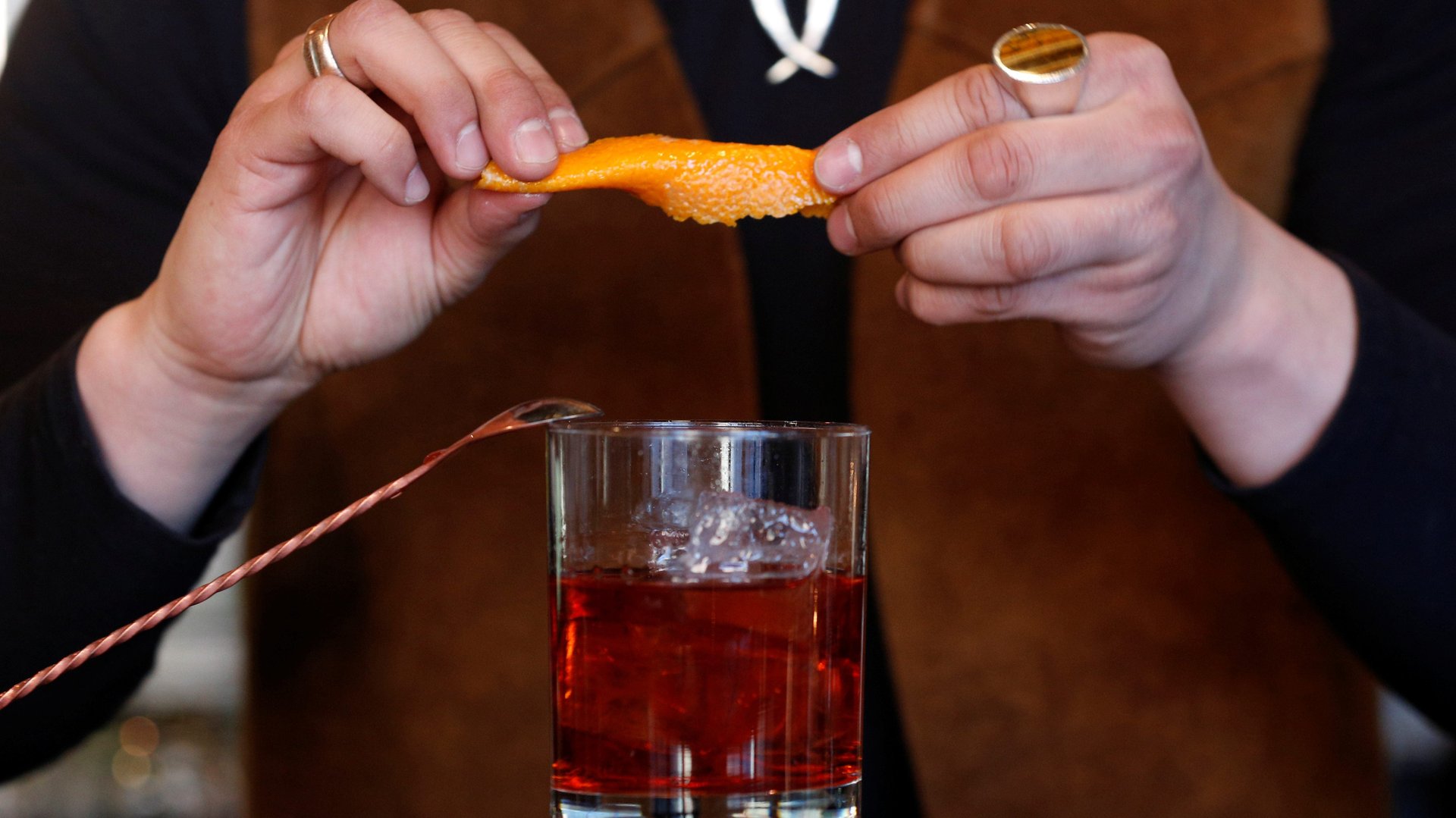Alcoholism linked to 232 million missed work days per year in the US
A new study by researchers at Washington University in Saint Louis suggests companies should do more to support workers who are abusing alcohol.


A new study by researchers at Washington University in Saint Louis suggests companies should do more to support workers who are abusing alcohol.
Problematic drinking was tied to 232 million missed days of work annually, according to data collected before the pandemic began. Since then, several surveys have shown that drinking and alcohol-related deaths have increased sharply across all age groups.
The researchers behind the new paper analyzed data collected by the National Survey on Drug Use and Health between 2015 and 2019, from which they zeroed in on two sets of questions, one about missed days of work, whether from illness or injury, or because someone didn’t “feel like being there,” and one about a person’s drinking habits and attempts to drink less.
Although the study—which took data from more than 110,000 people into account—could not establish a causal relationship between alcoholism and skipped or sick days, it did show a clear pattern: the more severe the drinking problem, the more frequently a person would be absent. The authors concluded that problem drinking was disproportionately linked to missed work days, giving companies and policy makers an economic incentive to invest in interventions.
The average worker missed around 12 to 13 days per year because they were not well, injured, or skipping out, the researchers calculated. However, people whose survey answers suggested their habits matched the clinical definition of having a mild to serious alcohol use disorder (AUD) missed an average of 18 to 32 days per year of work.
Problem drinking is most prevalent among people working full-time
The data revealed that full-time workers were more likely than adults in the general population to be dependent on alcohol. About 9% of full-time employees, or 11 million people, were found to have an AUD based on their responses. By comparison, only 6% of US adults overall were estimated to have AUD in 2019.
Ten survey questions (pdf) in the national survey spoke to the criteria doctors use to determine whether someone might be struggling with an AUD. One asked, “During the past 12 months, did you notice that drinking the same amount of alcohol had less effect on you than it used to?” Another question asked whether the survey taker had experienced two or more symptoms of alcohol withdrawal (sweating, a racing heart, trembling hands, trouble sleeping, vomiting and nausea, and more) after trying to reduce the amount they drank in the past year. Other questions probed whether someone tried to quit drinking after drinking to the point of blacking out.
Alcohol sales spiked during the pandemic
Data from 2020 and 2021 will likely show an increase in alcohol use and entirely or somewhat unproductive work days, the study’s authors predict, however those days won’t necessarily be counted as missed for many workplaces. Instead, many companies are likely to see a rise in presenteeism—when someone is technically working, but not functioning at their highest capacity—among employees who spent most of the past two years working from home.
If so, the move to remote work, and not only the stress of the pandemic, will be partially to blame, Laura Beirut, a psychiatry professor at Washington University and senior investigator on this study, suggested in an interview with Saint Louis Public Radio. “The good thing about work is that it offers structure,” she said, but millions of people who stopped going into an office “lost the guardrails” created by the need to get up, get dressed, and get into an office.
The study also points to the rise of gig work as another hindrance to helping people with alcoholism since health benefits are “increasingly less available to employees.”
As Quartz has reported, making the workplace friendlier to non-drinkers—by hiring caterers known for signature mocktails, for instance, protecting employees from burnout, and holding daytime events (when people are back to gathering in person)—will also make a company more inclusive. A growing “sober curious” movement in the US, the UK, and elsewhere means there’s now an abundance of services and products that serve an alcohol-free lifestyle.